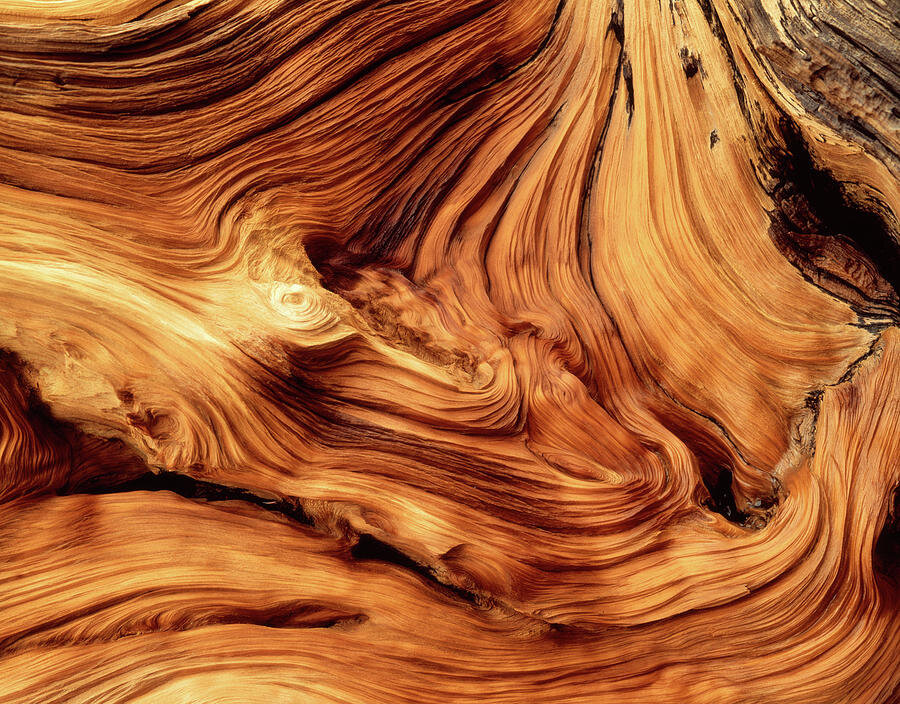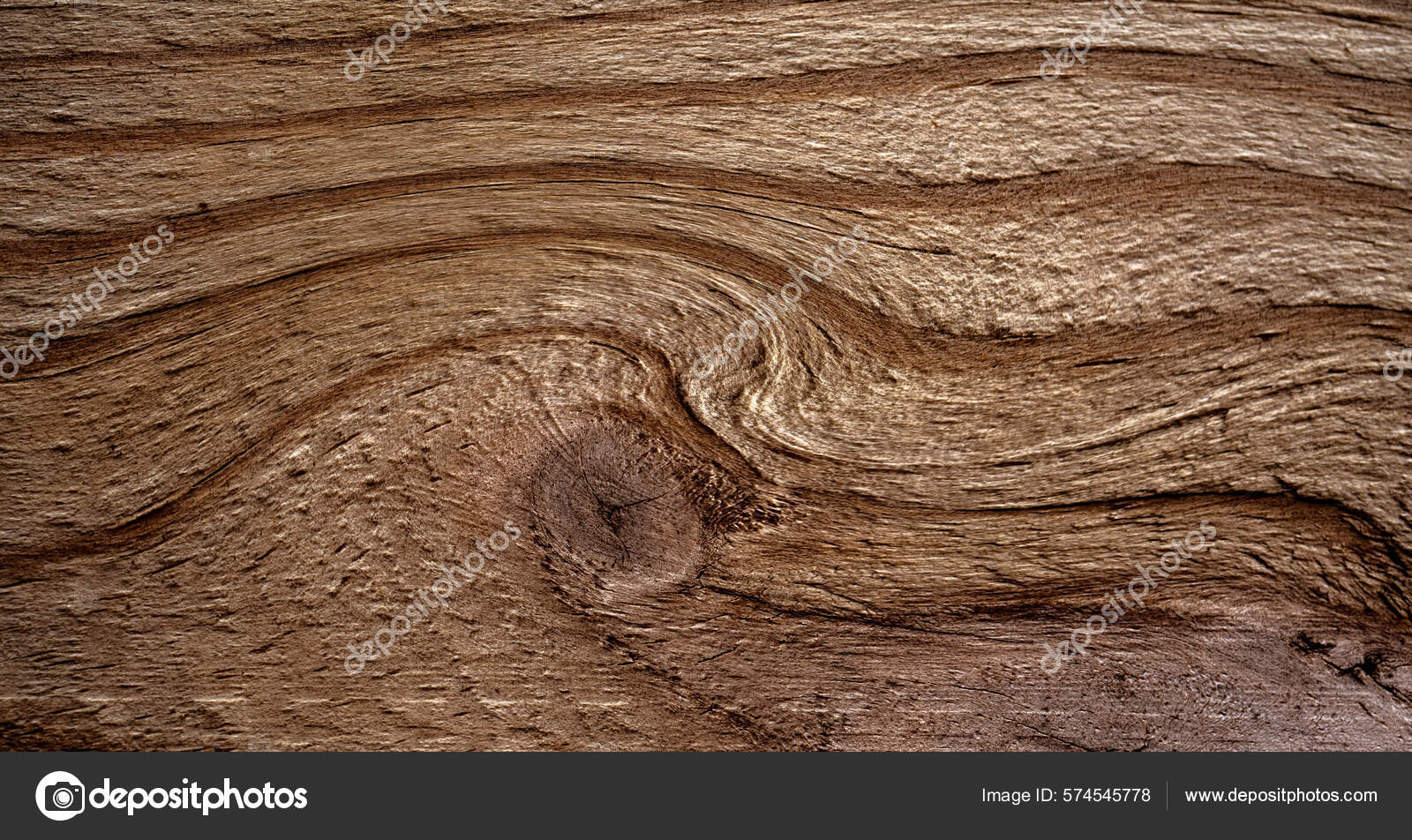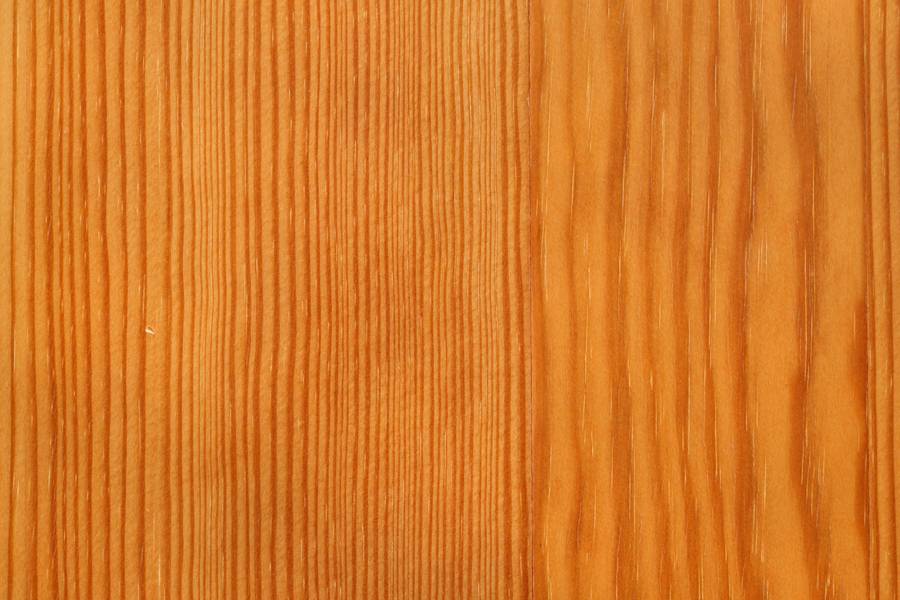5 Woods with the Most Stunning Grain Patterns

Discovering Nature's Artistry: 5 Woods with Remarkable Grain Patterns

Wood, as a natural material, possesses a charm that transcends beyond its utility. From the framework of our homes to the intricate carvings of fine art, wood's grain patterns add a layer of aesthetic appeal that captivates the eye and heart. These patterns are not only visually pleasing but also tell a story of growth, environment, and the tree's journey through time. In this exploration, we will delve into five types of wood known for their stunning grain patterns, highlighting their unique characteristics and potential uses.
Birdseye Maple: The Starry Sky of Woods


Birdseye Maple, with its distinctive small, round, and light-colored spots resembling stars in the night sky, stands out due to its mesmerizing grain pattern. This wood is:
- Sourced mainly from sugar maples (Acer saccharum)
- Known for small, eye-like figures or ‘bird’s eyes’ in its grain
- Ideal for creating fine furniture, veneers, inlays, and musical instruments
⚠️ Note: Birdseye Maple is not a species but rather a characteristic found in some maple wood. The cause of these unique patterns remains somewhat a mystery, though factors like environmental stresses or genetic variations are considered.
Figured Walnut: Where Knots and Burls Make Art


Figured Walnut encompasses wood grains with complex, unpredictable patterns, often incorporating:
- Burls - Knots and growths that result in twisted or contorted grains
- Crotch Figures - Resulting from the forks in trees, where grain patterns intersect at angles
- Curl - A wave-like grain pattern, caused by tangential stresses during growth
These unique features make figured walnut:
- A favorite among craftsmen for high-end furniture, where the grain pattern adds value
- Often used in luxury applications due to its depth of color and visual interest
Quilted Mahogany: A Tapestry of Wood


Quilted Mahogany, much like its cousin quilted sapele, boasts a grain pattern that resembles the stitching of a quilt, featuring:
- Three-dimensional, quilted-like appearance
- A result of interlocked grains and the natural process of wood formation
This wood finds its place in:
- Custom guitar bodies and other musical instruments, where its unique pattern enhances the visual appeal
- Furniture, veneers, and cabinetry, where the three-dimensional effect can be fully appreciated
Amboyna Burl: The Marbling of the Wood World


Amboyna, or Narra, burl is prized for its intense, eye-catching patterns that resemble marble or burl patterns. Key features include:
- An orangey-brown to reddish base color with intricate darker patterns
- A prized veneer material for luxury items like writing desks, jewelry boxes, and fine furniture
Here's what makes Amboyna burl so sought after:
- Its unique patterning adds an element of natural art to any project
- It's often used in small pieces due to the burl nature, making it perfect for inlays and accent pieces
Zebrawood: When Grain Patterns Create Contrast


Zebrawood, with its stark contrasting bands of light and dark, creates a dramatic, linear pattern, which is:
- Mostly found in West Africa and known scientifically as Microberlinia brazzavillensis
- Ideal for visually striking furniture, cabinetry, and even as a decorative accent in interiors
Why Zebrawood stands out:
- Its highly figured grain pattern adds boldness and interest to any design
- Its durability and working properties make it versatile for various applications
🌿 Note: Sustainable sourcing of wood like Zebrawood is crucial due to its popularity and the risk of overexploitation. Always consider ethically harvested materials.
In wrapping up our journey through these captivating woods, it's clear that each type brings its own unique beauty to the world of woodworking and beyond. From the otherworldly patterns of Birdseye Maple to the earthy contrasts of Zebrawood, these grains add value, character, and intrigue to any project. When selecting wood, consider not only the functionality but also the story it tells, enhancing both the aesthetic and the narrative of your creations.
Why do wood grains vary so much in pattern?

+
Wood grain patterns vary due to many factors including genetics, environmental conditions, growth speed, and even stress. For instance, birdseye patterns in maple are thought to result from some form of stress or genetic factors, while burl figures come from dormant buds or injuries that stimulate irregular growth.
Is it more expensive to work with figured wood?

+
Yes, woods with distinctive or figured grain patterns like those described are often more expensive due to their rarity, the difficulty in working with them, and their aesthetic appeal. Additionally, sustainable sourcing practices can influence pricing to ensure the longevity of these unique patterns in nature.
Can these wood grain patterns be artificially replicated?

+
While some veneer and inlay techniques can mimic certain patterns, the natural occurrence of these grain patterns in wood remains unparalleled in authenticity and beauty. Techniques like chemical treatment, steaming, or selective breeding might influence wood grain to some extent, but nothing compares to the natural formation.
How does the grain pattern of wood affect its use?

+
Grain pattern can influence both the structural integrity and the visual appeal of wood. For example, interlocked grain like in Quilted Mahogany can make wood more resistant to splitting but might be challenging to work with. The aesthetic patterns, meanwhile, determine the wood’s suitability for decorative purposes.
Are there other woods with unique grain patterns not listed here?

+
Absolutely, the world of wood is vast and rich with species like figured Ebony, Olivewood, and even some Pine species that can exhibit unexpected grain patterns. Every tree has its story, and that story is often told through its grain.



